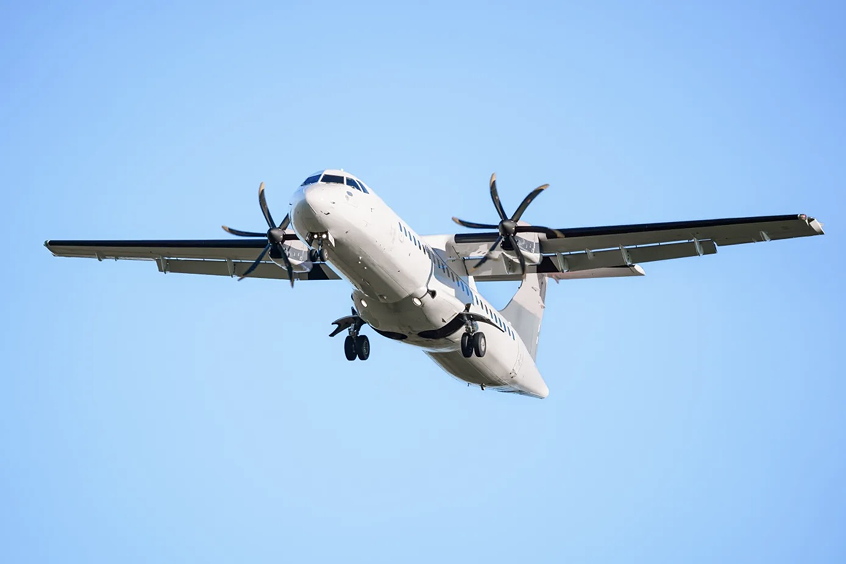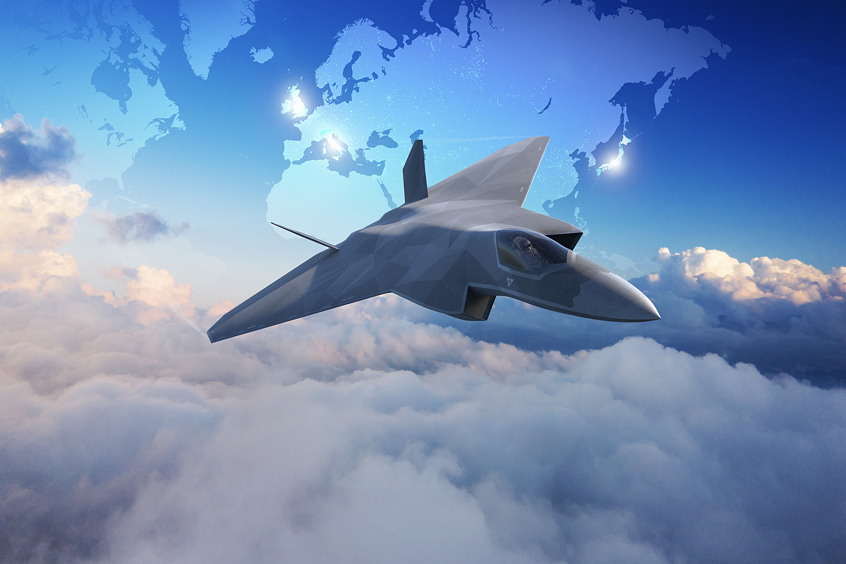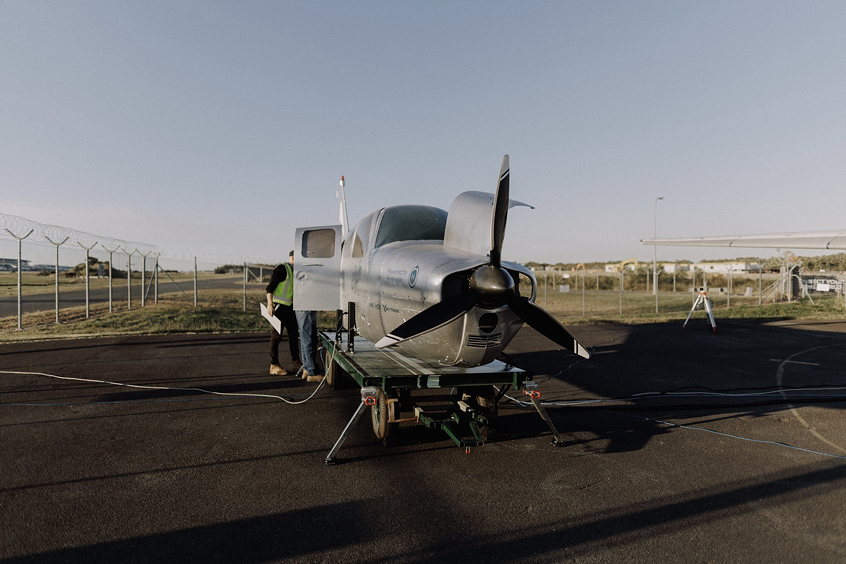As part of the European research program Clean Sky 2, MTU Aero Engines is further optimizing its components, the low-pressure turbine (LPT) and the high-pressure compressor (HPC), and building two demonstrators. The EMVAL (Engine Material Validation) engine demonstrator is being built in Munich to validate new LPT technologies, and it will be tested there as well. At the same time, the dual-shaft compressor rig is being assembled for new compressor technologies. The tests will take place at the German Aerospace Center (Deutsches Zentrum für Luft- und Raumfahrt, DLR) in Cologne. The cooperation partner for both projects is GKN Aerospace.
The Clean Sky 2 objective: “We are concentrating on how our components work with their neighboring components, and we especially want to optimize that interaction,” summarizes Dr. Claus Riegler, Senior Vice President Technology & Engineering Advanced Programs at MTU. For the low-pressure turbines, the inlet and exit case are involved; for the high-pressure compressor, the low-pressure compressor and the transition duct also play an important role. Among other things, the goal is to further improve aerodynamics and to develop new, more lightweight and more temperature-resistant materials.
EMVAL engine demonstrator
The test demonstrator for validating new LPT technologies is an MTR390. This engine was used in a Tiger helicopter and was provided to MTU by the German Armed Forces. In Munich, it is being rebuilt as an EMVAL engine demonstrator. To integrate the newly developed technologies, an entire power turbine had to be redesigned, built, and installed in the core engine. “This summer we will be able to run EMVAL at our test cell for the first time,” explains Michael Schall, Senior Manager Technology Demonstrator and Rigs.
MTU expects the comprehensive test program evaluation to be finished by the end of this year. Schall: “The analysis of material behavior under engine conditions will then provide proof that the technologies are mature.” Specifically, this involves further design developments, new highly heat-resistant materials like fiber ceramics, monocrystals, and innovative disk materials as well as additively manufactured components. GKN Aerospace is contributing the turbine exhaust case.
Dual-shaft compressor rig
A dual-shaft compressor rig is being built at MTU in Munich to help further optimize the compressor system. It is an expanded compressor rig that also includes the inter-compressor duct (ICD). Riegler: “Our goal is to create even better coordination between the low-pressure compressor, ICD and high-pressure compressor in order to leverage new potential for even more fuel-efficient engines.” An important step here is systematically measuring the flow conditions in short, steep ICDs. For this purpose, a wind canal rig known as the ICD rig has already been built at the DLR in Cologne, MTU’s Center of Competence (CoC) for engine systems. “We tested several different ICD configurations here,” says Schall. The dual-shaft compressor rig is based on the resulting findings. Riegler: “In the future, this systematic approach will allow us to design an even better overall compressor system.”
The timeline: Tests of the dual-shaft rig will start at the DLR in the fall. The test campaign is expected to be completed and evaluated in the next year. Here, too, the validated technologies will flow into the next generation of geared turbofan engines. In addition to the DLR, GKN Aerospace is once again a cooperation partner for MTU. The Swedish engine experts are responsible for designing and manufacturing the low-pressure compressor and the transition duct.
The Clean Sky 2 technology program is part of the EU framework program Horizon 2020; it was launched in 2014 and will end in 2024. The overarching goal is to make aviation even cleaner and more efficient. MTU is acting as one of the 16 lead companies. Its core partners are the DLR and GKN Aerospace. “We are the lead party,” explains Riegler. “The collaboration between the DLR, GKN and MTU perfectly integrates each partner’s strengths – GKN’s expertise on large static components, the DLR’s experience in the area of testing, and MTU’s compressor, turbine and system expertise.”
| Contact details from our directory: | |
| MTU Aero Engines | Compressors, Engine Parts, Additive Manufacturing, Final Assembly, Turbine Engine Starters, Combustion Test Services, Turbine Engine Blades, Turbine Engine Vanes, Blisks, Fuel Cells |
| DLR - German Aerospace Center | Fuel Cells, Testing Services, Research/Consulting Services, Composite Design Consultants, Flight Simulators, Instrument Landing Systems, Prototyping, Airframer, Vibration Testing |
| GKN Aerospace | |
| Related aircraft programs: |
| Airbus Helicopters Tiger |
| Related directory sectors: |
| Engine Components |
Weekly news by email:
See the latest Bulletin, and sign up free‑of‑charge for future editions.

Airbus Atlantic commits to EPI for metallic ATR components
Boeing commits to expand in Charleston County

GCAP partners agree to go ahead with next gen combat aircraft
